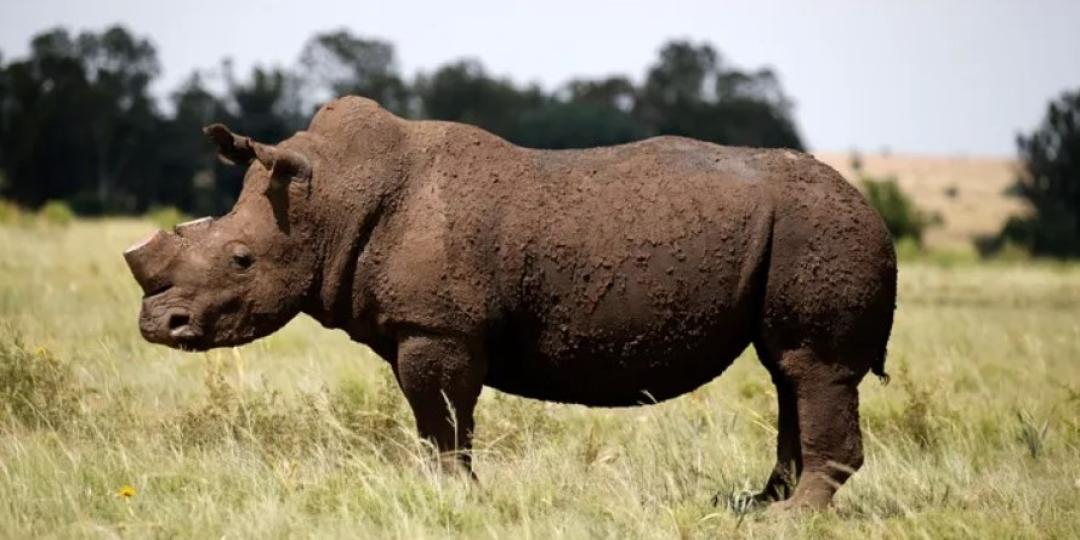Rhino poaching decreased in South Africa in the first six months of 2023, thanks to joint initiatives by various role players within the wildlife industry.
This was announced by the Minister of Forestry, Fisheries and the Environment, Barbara Creecy, at a press conference earlier this week.
She said between January 1 and June 30, 231 rhinos were killed in South Africa. These figures represent an 11% decrease (or a decline of 28 animals killed for their horn) compared with last year.
Poaching trends during this period also continued to show a move away from the Kruger National Park to provincial and private reserves.
Because the demand for rhino horn remained a constant threat to rhino populations, collaboration between law enforcement agencies, including the South African Police Service (SAPS), Directorate for Priority Crime Investigation and the Green Scorpions, Customs officials, the Financial Intelligence Centre and the National Prosecuting Authority (NPA), were key, noted Creecy.
These efforts are also supported by private security.
Anti-poaching collaboration
A significant development in strengthening the collaboration between these role players to effectively address the organised nature of rhino poaching and wildlife trafficking is Cabinet’s recent approval in May this year of the National Integrated Strategy to Combat Wildlife Trafficking.
“This strategy aims to break the illicit value chain of wildlife trafficking in South Africa and beyond its borders. It represents a commitment by the government to direct law enforcement ability and effort and mobilise societal support to address the threat wildlife tracking poses to national security and the country’s rich biodiversity.
“Although currently, our main focus is rhino, the strategy also aims to address the illegal trade in, and poaching of, other species that are threatened by trafficking syndicates, like abalone,” said Creecy.
In the first six months, the work of the SAPS and the NPA led to the conviction of 31 offenders. The majority of sentences were custodial.
There is also a strong collaboration between the SAPS forensic teams and SANParks Environmental and Corporate Investigations when attending crime scenes to ensure the collection of vital evidence to link suspects to the crime scenes. It is also done to ensure minimum contamination of the crime scene.
“We’ve discussed the challenge relating to the opposing of bail since rhino poaching is not listed as a scheduled offence. Research is being conducted to propose, if viable, legislative amendments to address this challenge,” added Creecy.
Rhino poachers have continued to target the Hluhluwe/iMfolozi game reserve in KwaZulu Natal where Ezemvelo KZN Wildlife, supported by the Department and iSimangaliso Wetland Park, continues to implement a number of measures to combat rhino poaching.
Among these has been the establishment of a Tactical Operations Joint Control Centre, which now facilitates the SAPS deployments to Hluhluwe/iMfolozi Park.
The Department made available R40 million (€1.9m) for the repair and replacement of the boundary fence around the Hluhluwe/iMfolozi game reserve, which is regularly breached and through which wild animals can escape to nearby communities.
The NPA has also designated a prosecutor to facilitate rhino cases in KZN, and cases have been prioritised and identified to be expedited through the court processes.






